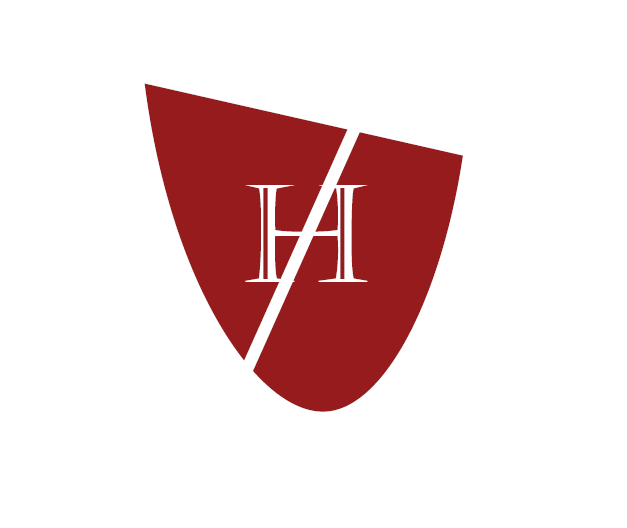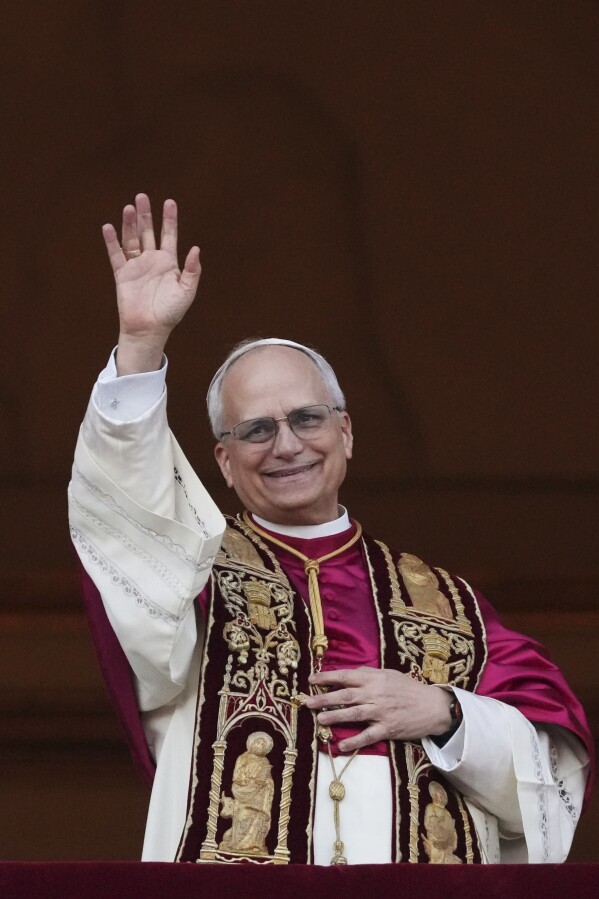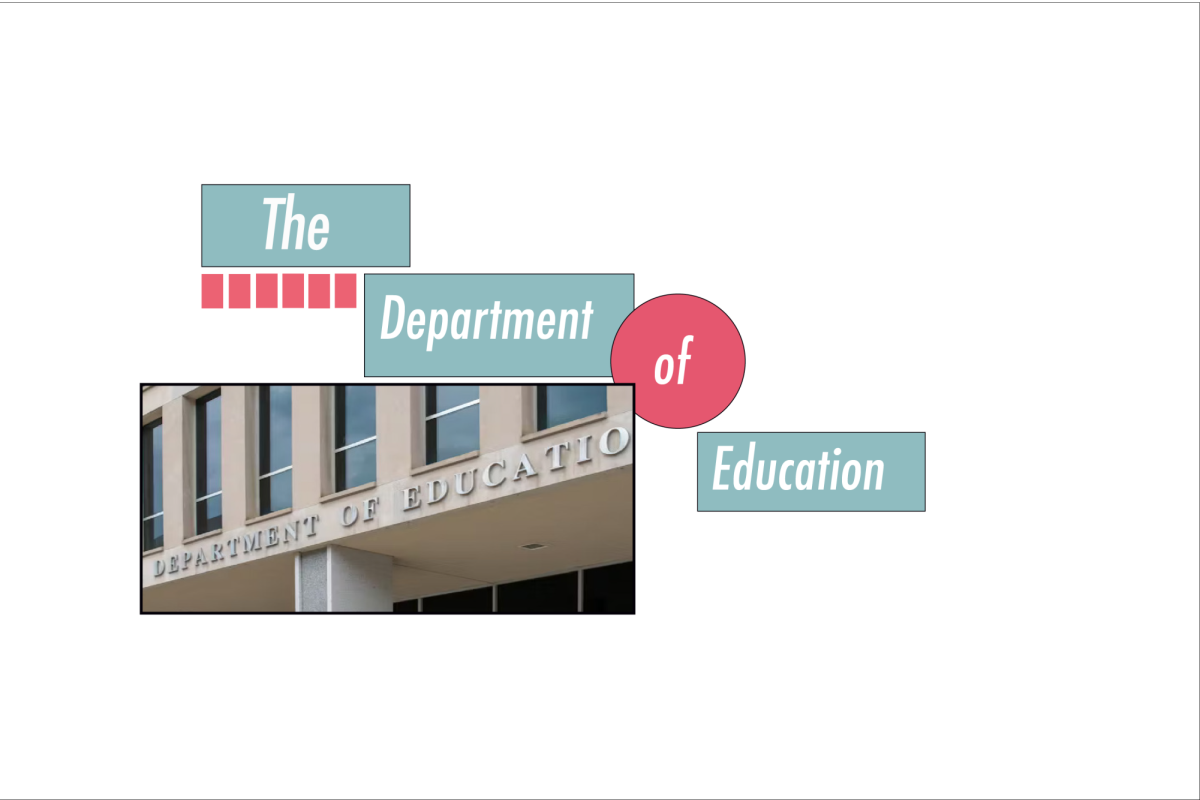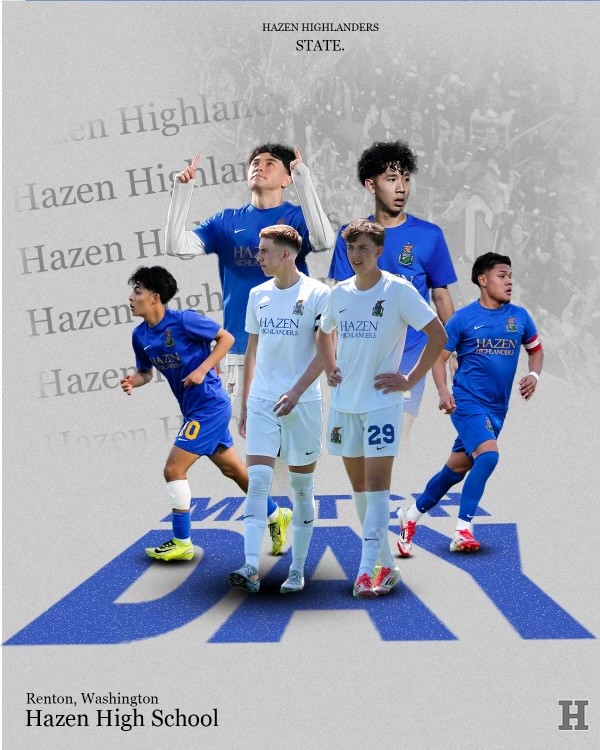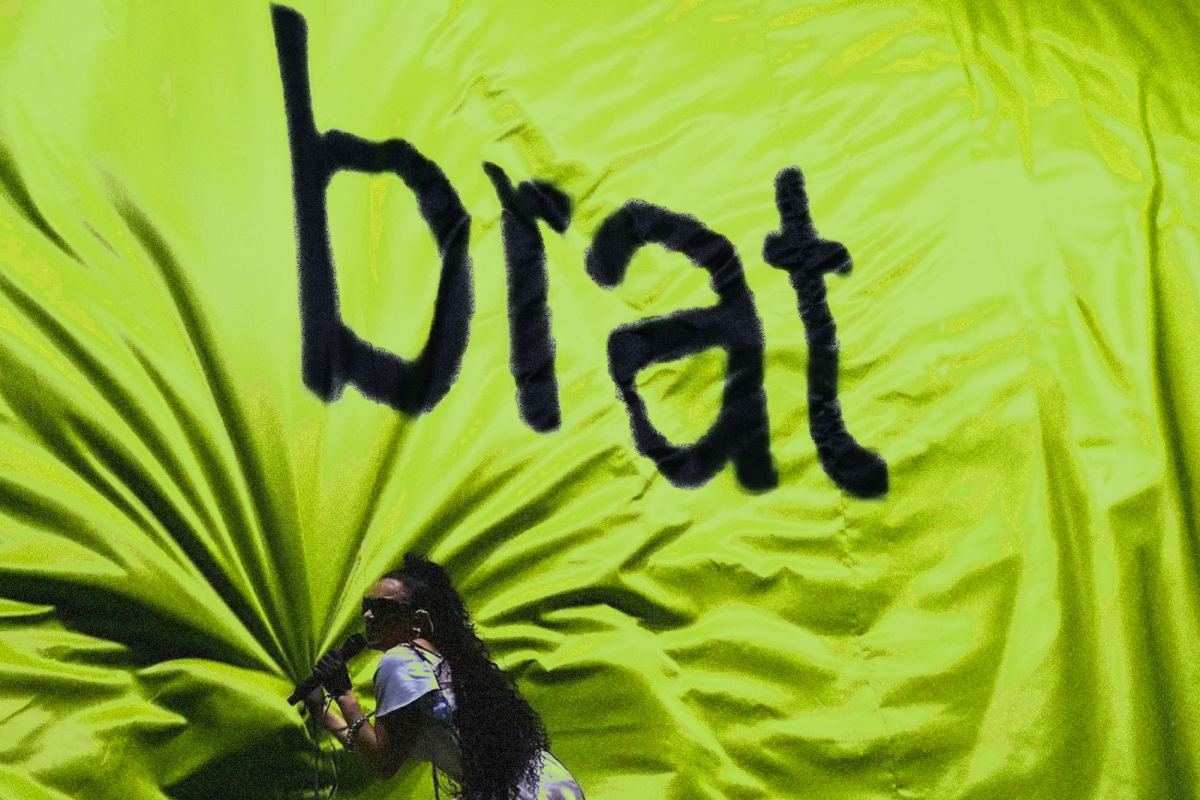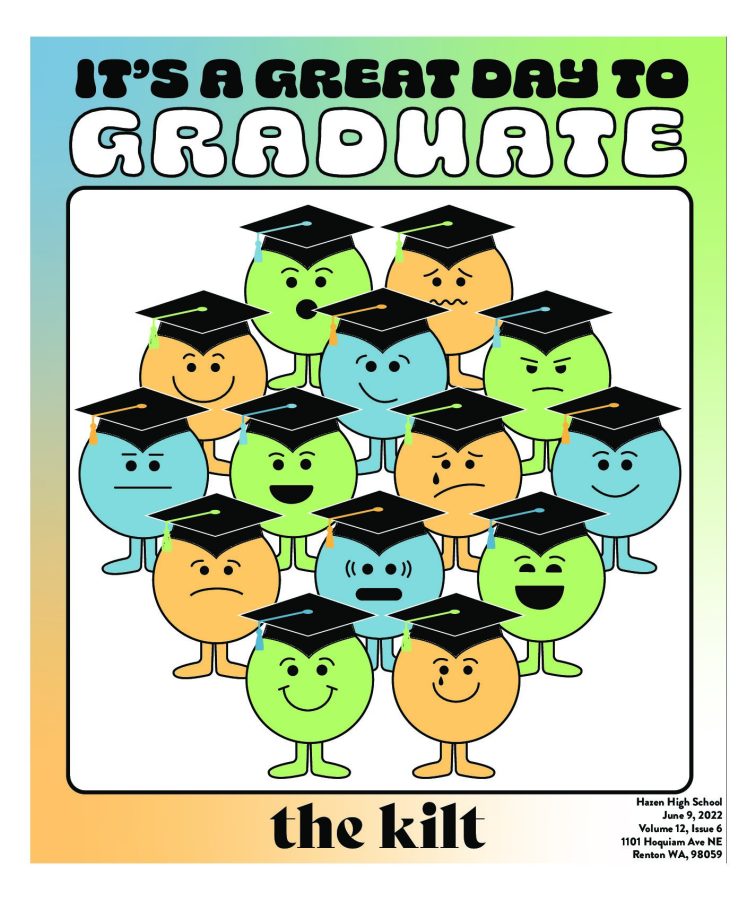During President Trump’s campaign for a second term, he threatened prestigious universities controlled by “Marxist maniacs and lunatics,” where he vowed to increase taxes on the investment return of university endowments.
He continued to follow this idea throughout his current second term, when on April 14, 2025, the Trump Administration froze 2.2 billion in federal funding towards one of the most prestigious and elite universities in the world, Harvard University. President Trump had previously requested that universities, such as Harvard, take specific measures and actions, including revising policies on issues related to diversity, equity, and inclusion programs, as well as screening international students. Harvard refused these policy changes, arguing that they were an infringement of their independence and the university’s rights.
Built over 400 years, Harvard has an endowment of $53 billion. This large endowment makes Harvard one of the richest universities in the world. But with an endowment of this size, come specifics, including 14,600 individual accounts, each holding specific restrictions on what the money can be spent on, meaning that Harvard is not able to “make up” this loss of funding, as they cannot freely spend their endowment to cover this dissipation.
Dr. Sarah Fortune was conducting groundbreaking research on tuberculosis that was previously being funded with $60 million offered by the National Institutes of Health (NIH), but was forced to come to a halt once the Trump Administration froze the federal funding. Now her research, based on tuberculosis and its ability to develop drug-resistant mutations, is being shelved after receiving the stop work order.
Harvard Law professor Andrew Crespo shares how “You can’t have a successful research university if it is only allowed to study certain questions that are asked by the government and if it is only allowed to give certain answers that the president does or doesn’t like based on the politics of the day.
On May 27, 2025, the Trump administration presented a letter from the U.S. General Services Administration to the federal agencies ordering direct agencies to review, consider terminating, or relocate contracts with Harvard University. The letter requested a list from all direct agencies of terminated contracts by June 6th, 2025. Josh Gruenbaum stated, “Going forward, we also encourage your agency to seek alternative vendors for future services where you had previously considered Harvard.”
The reasons for this demand are on how Harvard continued to engage in race discrimination through its admissions process, even after a Supreme Court ruling in 2023 revoked Harvard’s policy and practice of discriminating based on race. Along with that, the letter stated that “Harvard is suspected of engaging in a pattern or practice of disparate treatment in hiring, promotion, compensation, and other personnel-related actions.”
These contracts are suspected to be worth around $100 million and will affect a multitude of different groundbreaking research projects. “These partnerships are among the most productive and beneficial in American history. New frontiers beckon us with the prospect of life-changing advances- from treatments for diseases such as Alzheimer’s, Parkinson’s, and diabetes, to breakthroughs in artificial intelligence, quantum science, and engineering, and numerous other areas of possibility,” says Harvard’s president, Alan M. Garber.
Besides freezing Harvard’s funds and requesting contract termination, the Department of Homeland Security attempted to revoke Harvard’s ability to enroll and admit international students on May 22, 2025. The DHS shared how they believe the Student Exchange Visitor Program has “Created an unsafe campus and environment by permitting anti-American, pro-terrorist, agitators to harass and physically assault individuals, including many Jewish students and otherside obsruct its once venerable learning environment.” Kristi Noem, the United States Secretary of Homeland Security, ruled in favor of this prohibition, arguing that “Many of these agitators are foreign students.”
The following day after the ruling, an Oakland Federal Judge issued an injunction, temporarily placing a halt on the ban on international students and allowing Harvard to continue to enroll international students. 27% of the student body at Harvard is made up of international students, with these students making contributions to research, the environment, and the community. Losing the ability to enroll international students at Harvard would disrupt the students’ academic and legal status, hinder research and innovation, and could potentially impact the university’s financial stability.
Harvard has continued to work against the Trump administration in these rulings, arguing that these actions are taking away their 1st Amendment right, and has sued the administration for the restoration of more than $3 billion in funds, along with focusing on the reinstatement of international enrollment. “The University will not surrender its independence or relinquish its constitutional rights… We proceed now, as always, with the conviction that the fearless and unfettered pursuit of truth liberates humanity— and with faith in the enduring promise that America’s colleges and universities hold for our country and our world,” shared Harvard President Alan M. Garber.


